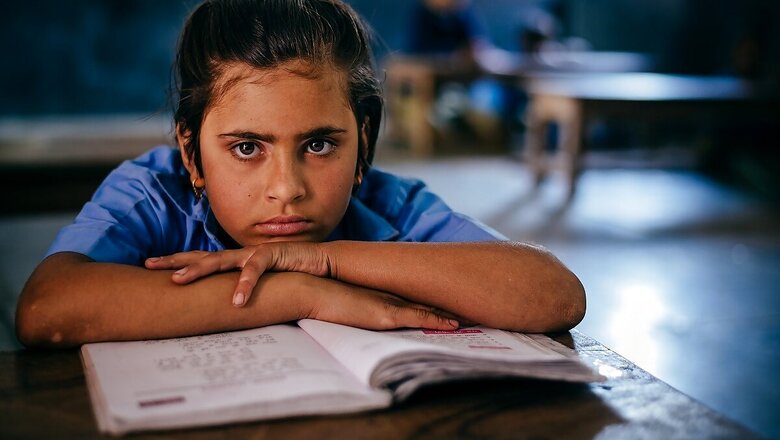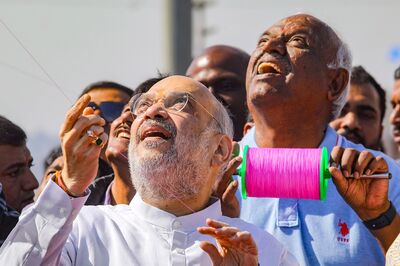
views
The debate around whether or not board exams should be held has highlighted the over-dependence of the Indian assessment system on the examinations. So much so that even in the no-exam route, students still will be assessed based on the exams – the only difference being these will be the exams held earlier. This could include pre-boards or internals or past year exams. In 2020, when exams could not take place for certain subjects, students were assessed based on an average of the highest marks scored in other subjects – for which exams were held.
While some teachers claim that having examinations is a “reliable” mode of assessment, most believe there is a need for change. Academicians across the country believe that the pandemic has brought to the front, a need for continuous assessment of students around the year, rather than limiting it to a three-hour exam at the end of an academic session. While the National Education Policy (NEP) 2020 calls for a continuous assessment, schools still rely heavily on examinations considering the lack of year-long data collection.
Train for learning not for exams
Allan Andersen founder of Orestad Gymnasium School – an online school in Copenhagen, Denmark, and Director, Chaman Bhartiya School, Bengaluru says the problem starts when students are “trained to perform well in exams” instead of focusing on their individual learning needs. This makes both teachers and students focus on common learning goals for an entire batch of students and hence, lack of individualized learning and data collection. He believes the assessment system should also consist of “personalized goals for each student”.
“It is important that teachers collect data and keep track of daily activities of students including different learning signs teachers observe in a student,” he said. This could include the change in how a student expresses himself or herself in the class to what a student aims to achieve in his/her career.
Exams just one part of the assessment
While CBSE and CISCE board students are still depending completely on the board exams. The International Baccalaureate (IB) has taken a middle road. IB allowed students to opt if they wish to appear for exams or not in both November 2020 and May 2021. The change was not only limited to the assessment system but the board claims that it has taken “help of predicted grade from the teacher and the overall coursework of a student” to announce their final result irrespective of whether or not they have opted to appear for exams. This way, even those who appeared for exams were assessed on criteria beyond the papers.
The IB had also changed its coursework accordingly due to the pandemic. Students who appeared for exams were given marks based on not just their final tests but also included their “full suite of assessment” which included assessment of the coursework submitted by students throughout the year. This coursework was assessed by both internal and external academicians. Those who could not take exams were given grades as submitted by their teachers as well as externally assessed coursework, as in the case of those who appeared for the exam. At least one piece of coursework from every subject was assessed externally for every student.
“This year our focus will be about ensuring our students have equal access to higher education to ensure our students are treated fairly alongside those who may have taken different qualifications,” an IB spokesperson informed news18.com.
Class 12 exams, College entrance can be segregated
Too much pressure for class 12 board exams is because they are the entry gateway to Indian universities and colleges, said Sunita Singh, Dean of School of Education Studies at Ambedkar University Delhi who believes it’s time to segregate both aspects. “Why are we putting all our eggs in one basket?,” asks Singh as she suggests that class 12 students should be assessed based on what they learned in their classes and segregate it from college admissions.
“This is a time when we have to start rethinking about teaching, learning, and assessment in the schools,” says Singh. “If teaching is happening and learning is taking place, then why do we not trust our assessment system? There must be something missing somewhere.”
She said that this realization can become the “beginning point of systemic change”
Read all the Latest News, Breaking News and Coronavirus News here.




















Comments
0 comment